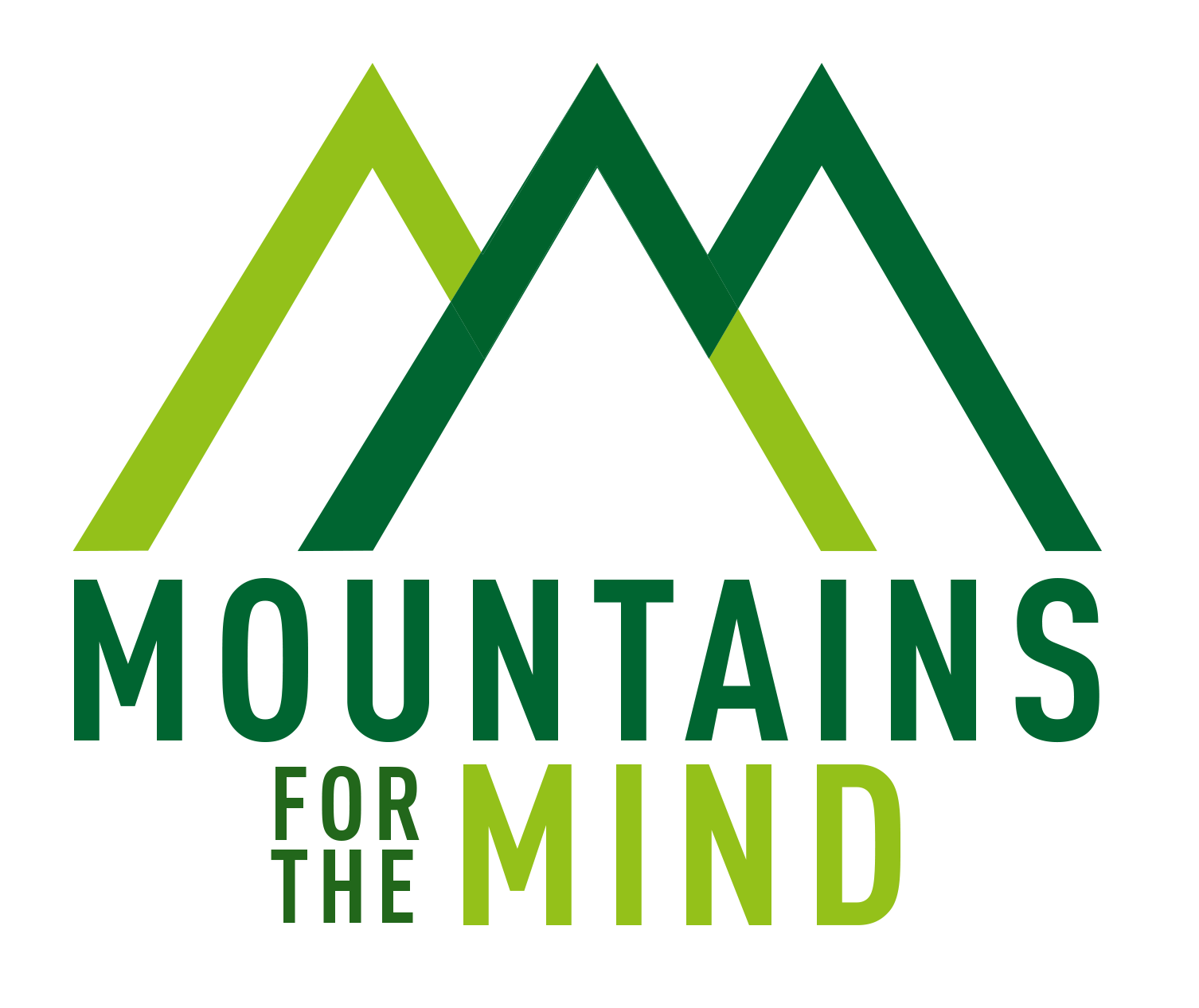Cressida Allwood, Mountain Training officer
“Let’s take control of our minds and our voices, be more open and honest.”
As well as working for Mountain Training and being a big supporter of Mountains for the Mind, Cress has also cycled round the world and has a passion for inspiring people to live a healthy, balanced lifestyle. Here she explains how recognising and opening up about negative experiences can have a hugely positive impact on your future outdoor adventures.
I am delighted and proud to have experienced utterly incredible journeys in spectacular locations. Yet rarely do I admit or discuss less positive experiences outdoors. Is it time to further our conversations?
To admit that there are times when our ambitions are thwarted or our experiences outdoors fall short of our expectations; leaving us albeit temporarily, deflated, sad or frustrated when in, or moving out of, the mountains? To realise there are times we should accept & acknowledge our vulnerabilities?
A few years ago, I unwittingly set myself up for a fall. It was only much later when I realised how my self- talk did little to appease my situation. That the responsibility for keeping myself stuck, lay with myself.
The problem lay in the fact that two years earlier, I had set my heart on climbing Aconcagua, in Argentina, the highest peak in South America. This was to be my final challenge at the end of a massive adventure (solo cycling around the world).
Having cycled up endless switch-backs from Santiago and reached the base of the mountain, seeing it in front of me increased my senses of excitement and awe – I had arrived, finally! I was fit, strong and ready for the challenge. The next day, off the bike, a freak accident occurred resulting in a torn calf muscle. In a few seconds, my dream was shattered. Climbing the mountain was off the agenda. The cruelty of it! How could this happen?
In all the months of planning and for all my fitness gains, including psychological preparation such as visualisation of success during the climb, it hadn’t crossed my mind that I wouldn’t reach the start line. For this, I was totally unprepared. It took a while for the new reality to sink in; being in no shape to trek for weeks, I had to completely change my plan. Letting go of this dream was tough, having set my heart on it. I felt like a complete failure and wept bitter tears!
How many of us fall into the (human) trap of feeling down, yet do not prepare for such events? My example is perhaps extreme, yet many aspects may influence our emotional reactions and responses, when exploring outdoors. The following may be more familiar:
· Poor weather we haven’t brought kit to withstand. Who likes being in the cold, or wet, or both?
· Navigation errors leading to being lost or uncertain of our position or route – we may be annoyed with ourselves or others
· Realising we’ve bitten off more than we can chew, should turn back, but our pride prevents us from admitting this harsh reality
· Judging ourselves negatively against those ahead, who may be unaware of how hard we’re working to try to keep up. Have we misjudged our fitness levels? Are those ahead unaware that we’re finding the terrain a bit much?
Many of us will recognise these and other scenarios. If we’re deeply honest, how much have we contributed or been responsible for such unhelpful thoughts? If we’re not having fun, it’s easy to perpetuate unhelpful & self-critical language, allowing internal voices to drown out positives. It’s much easier to quietly curse a friend or group leader for our errors or to blame them, seeing only their apparent lack of awareness/ disregard for our feelings, than notice and address our inability to speak up…
My point is that by sharing such realities, instead of showing our weaknesses, we’re sharing our ability to be honest individuals and more likely to reduce the number of less positive instances. If cold – can we borrow a hat or gloves? If we don’t have waterproofs, let’s retreat and re-plan. If we’re mentally stuck, do we need more food (hot chocolate or sweets?!) or a friendly face to listen and support? We’ll learn lessons and be better prepared next time. Let’s take control of our minds and our voices, be more open and honest and maybe later, find the humility to laugh at ourselves in good-humoured ways.
The outdoors IS good for us. For some of us, it’s not the outdoors that’s the negative factor, it’s how we manage our minds. Let’s be kinder, more open, and more accepting of ourselves and each other. We all make mistakes and will continue to do so; speaking up takes the pressure off, helps us feel better and can make us smile!
The hills will always be there, yet our lives are short. Let’s prepare ourselves mentally, ensuring the best possible connections with the natural world and those around us.

